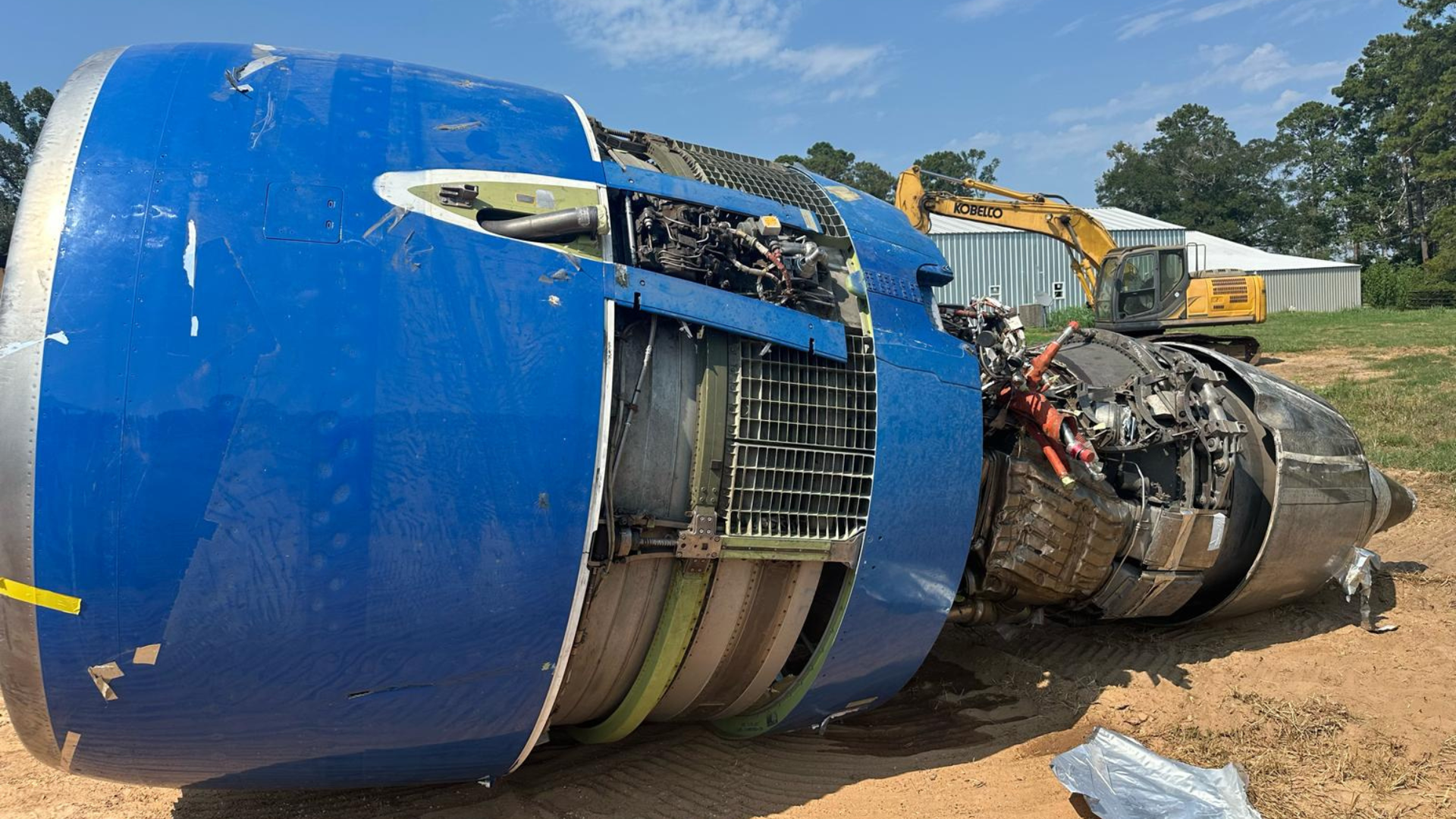

Titanium is an essential material for industries such as aviation, energy, and gas, thanks to its exceptional strength, corrosion resistance, and lightweight properties. As sustainability becomes a top priority for businesses, more companies are asking: can titanium be recycled? The answer is yes, and titanium recycling is vital in reducing environmental impact and conserving natural resources while offering economic benefits to these industries.
Titanium is highly valued in high-performance industries, where its durability and resistance to extreme conditions are critical. However, titanium production is resource-intensive, making recycling an attractive alternative for companies looking to optimize costs and minimize their environmental footprint. For example, titanium is widely used in aircraft structures, engines, and other components in the aviation industry. The energy and gas industries use titanium in applications where corrosion resistance and reliability are key, such as pipelines and offshore equipment.
These industries produce large amounts of titanium scrap, whether from decommissioned equipment or leftover materials from manufacturing processes. Recycling this scrap provides a sustainable way to reintroduce high-quality titanium into production. Unlike other materials that degrade over time, titanium can be recycled repeatedly without losing its strength or integrity, making it an ideal candidate for reuse in demanding applications.
Titanium recycling offers significant benefits, both environmentally and economically. The financial savings from recycling are considerable for industries that depend on titanium, such as aviation and energy. Producing new titanium from raw materials is costly and energy-intensive. Recycling titanium scrap reduces these costs by lowering the demand for new materials and minimizing energy consumption. In addition, companies that recycle titanium contribute to the global effort to reduce greenhouse gas emissions, as recycling generates far fewer emissions than mining and refining raw titanium.
As the global demand for titanium continues to increase, the need for recycling becomes more crucial in managing resources sustainably, minimizing environmental impacts, and decreasing dependence on primary materials. Recent advancements in metallurgy have made it possible to effectively recover titanium from scrap, resulting in properties comparable to those of newly produced titanium for high-performance applications. By integrating recycling into the supply chain, the titanium industry can prolong the lifespan of existing deposits, promote a circular economy, and improve its sustainability profile. Embracing recycling will help alleviate current resource limitations while establishing a more resilient and environmentally friendly titanium economy for the future.
Environmental stewardship has become a primary focus for numerous organizations, and recycling titanium presents an opportunity for companies to achieve their sustainability goals. By reducing the necessity for new titanium extraction, industries can conserve natural resources such as water and energy while minimizing waste. In many instances, recycling assists businesses in complying with environmental regulations, especially in sectors with high material turnover, such as aviation and gas.
The aviation industry is a leading adopter of titanium recycling, driven by the need to optimize costs and reduce its environmental footprint. Aircraft components made from titanium are ideal candidates for recycling due to the metal’s ability to maintain its properties through repeated cycles of use and repurposing. Recycling titanium from decommissioned planes or surplus manufacturing materials helps aerospace companies keep production costs down while maintaining the high standards required for aircraft safety and performance.
The energy and gas sectors are also increasingly turning to titanium recycling to manage their scrap efficiently and sustainably. In these industries, titanium is used for equipment that must withstand harsh environments, such as deep-sea pipelines or high-temperature power generation systems. Recycling titanium scrap reduces the cost of maintaining and replacing this critical equipment, allowing companies to focus on operational efficiency and environmental responsibility.
One of the main challenges in recycling titanium is controlling the levels of oxygen and iron contamination, which can compromise the quality of the recycled titanium. Aerospace applications, in particular, require extremely low impurity levels. Although there are ASTM standards that regulate these impurities, tighter restrictions are often applied in practice. For instance, the upper limits for oxygen and iron in titanium alloys used in aerospace applications are often half or even a quarter of the standard values.
Titanium scrap from unknown sources or with high impurity levels is typically downcycled into ferrotitanium for use in steelmaking. This is because such low-grade scrap cannot be used in high-performance applications without significant purification. To reuse titanium scrap in its original high-grade form, advanced refining methods must be applied to reduce impurities to acceptable levels.
By recycling titanium, industries can ensure a stable supply of this valuable material while supporting their long-term sustainability goals. As demand for titanium continues to grow, recycling will become even more critical in maintaining the supply chain and managing costs effectively.
At Quest Alloys & Metals, we specialize in the advanced recovery and recycling of titanium scrap. Our expertise allows us to handle even the most challenging titanium recycling tasks, including managing oxygen and iron contamination, which are critical for producing the highest-grade titanium products.
If your company has titanium scrap that you’re looking to recycle, contact Quest Metal today. We provide efficient recycling services, competitive pricing, and exceptional customer support. Maximize the value of your scrap, reduce environmental impact, and contribute to a more sustainable future. Contact Quest Metal for a consultation and learn how we can help you turn your titanium scrap into a valuable resource.